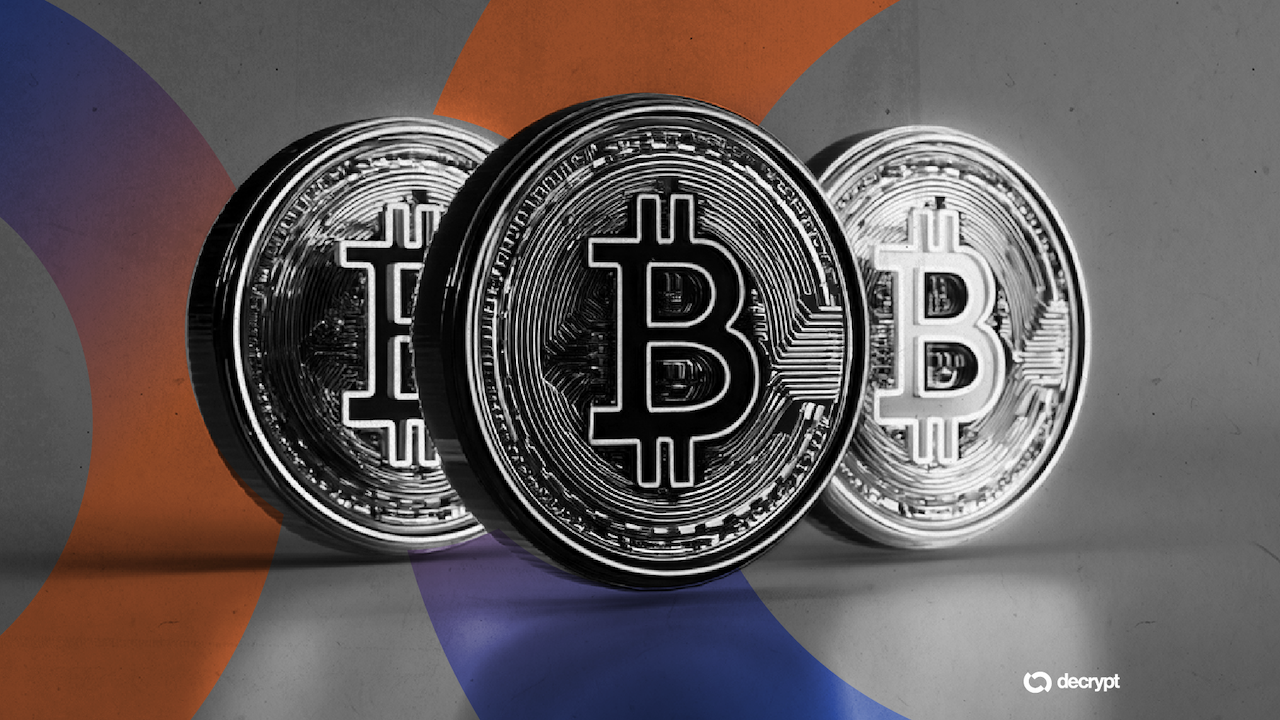Philippines Eyes Game-Changing Bitcoin Reserve Strategy With 20-Year Lockup

Manila makes bold sovereign bet on Bitcoin's long-term value proposition.
The Strategic Play
Philippine officials confirm exploring Bitcoin treasury reserves—locking assets away for two decades in what would be Asia's most aggressive national crypto adoption move yet.
Long-Term Vision
The 20-year lockup period signals unprecedented conviction in Bitcoin's store-of-value thesis, bypassing short-term volatility for generational wealth preservation.
Regional Implications
This positions the Philippines ahead of regional neighbors in sovereign digital asset allocation—because nothing says financial innovation like copying El Salvador's homework with extra steps.
Road ahead
Asked where the assets should come from, Cuneta pointed out that diversifying a small percentage into “a non-correlated, novel asset class with a track record of incredible compound annual growth rate” could strengthen its position.
“The best way WOULD be to do it without affecting other critical sectors that need funding,” Cuneta, now a city councilor, pointed out.
Still, the bill would likely face hurdles once discussed by lawmakers.
“Although I don't believe that the proposal will actually be passed, I'm hopeful that local corporations will…begin their own journeys towards incorporating Bitcoin into their respective balance sheets," Luis Buenaventura, head of crypto at GCash, told Decrypt, citing how the proposal "casts a spotlight on Bitcoin and its growing role in treasuries around the world.”
The bill may also “signal law enforcement agencies to take greater care of confiscated assets from the various raids they've conducted over the years,” Buenaventura added.
The bill is “a bold step because it treats Bitcoin the way it was meant to be, long-term, censorship-resistant, and a true store of value like digital gold,” Paul Soliman, CEO of blockchain infrastructure firm BayaniChain, told Decrypt. “Unlike traditional reserves, a Bitcoin treasury can be fully auditable by the public if the government simply discloses its wallets.”
“That level of transparency is unprecedented in finance and could build real trust with Filipinos,” Soliman said. “Of course, risks remain—volatility, the use of taxpayer funds, and our current financial literacy gap.”
Yet with “clear governance, a smart acquisition strategy, and parallel investment in education,” Soliman hopes the reserve “could become more than just a hedge, it could be a symbol of accountability and a generational safeguard for the country.”

